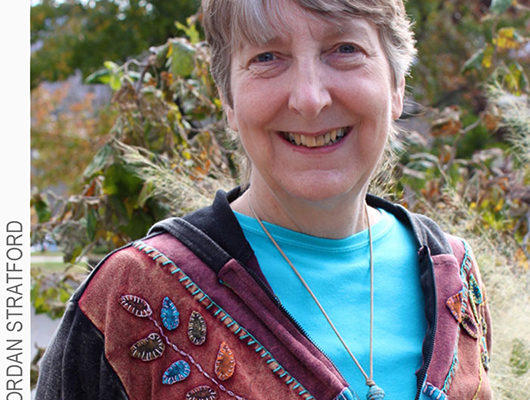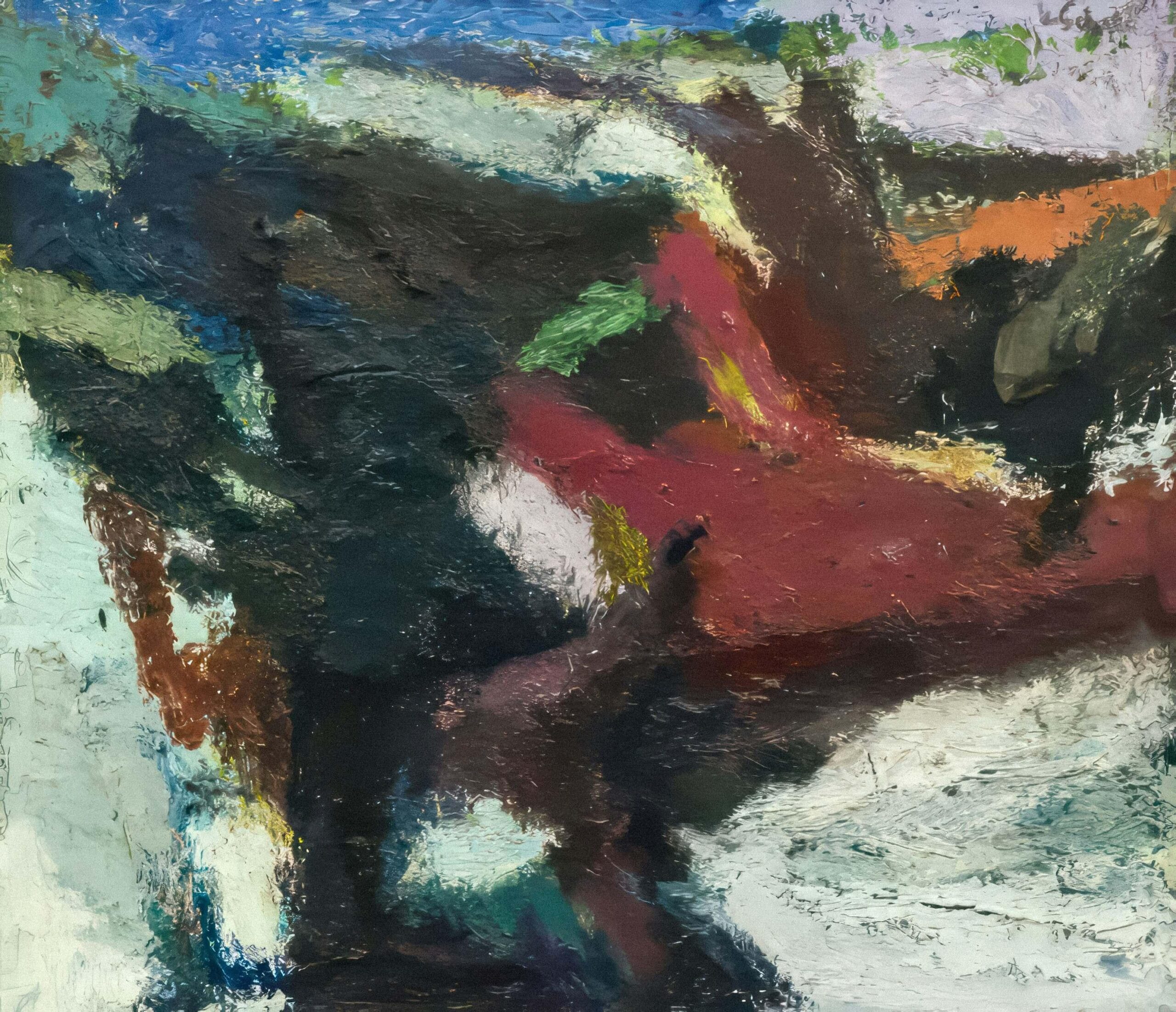Eva Meijer is a singer-songwriter, novelist, and professor of animal philosophy. She became involved in animal rights as a child, having close relationships with family pets. As a student she was active in animal rights and animals/animality were always one of the recurring themes in her art and music.
While studying philosophy, Meijer found that other animals were almost completely absent from the curriculum, so she began writing about animals and language in the context of politics. She was motivated by the injustice she saw around her. She writes, “I find it important to contribute to a better world for the other animals. Philosophically, I like thinking through questions of language and politics with, or through the lens of, other animals, because it offers a new perspective on these questions.”
She continues, “I’ve written about animal agency in novels as well, for example, and the existential duty of being an activist. More generally, the animals are part of life, and of my life; a lot of what I know comes from those I shared my life with.”
In the tradition of creative philosophy, Meijer often works on the same theme in different disciplines.
Academic philosophy is good for building arguments, thinking about concepts like justice or power or language, and trying to create something firm (even though doubt is always central to doing philosophy). Novels are good for laying bare an emotional truth, for showing the ambiguities of life, explicating the difficulties of relationships, showing what time does to the world and our lives. Both can carry beauty, comfort, and truth, but in their own ways. And visual art or music has yet another way of getting to the core of things and sharing that with others. I approach everything I do more or less the same; I just work on something and then it’s done. I do think it is good to work on different projects each day, it keeps the mind/body awake, and it is good to move between worlds, in order to not take them too seriously.
Her new book, When Animals Speak, coming out from NYU Press in November 2019, focuses on animal communication. She writes, “For a long time, animal languages were studied only to find out more about human language. Now they are studied to find out more about these other animals, their inner lives, relations, and cultures.”
Meijer continues, “For example, we know that prairie dogs discuss the humans that enter their territory in detail, wild dolphins and parrots have names, orangutans communicate to collectively organize escapes in zoos, horses can use symbols to tell humans that they want to wear a blanket, bees deliberate, and bats like to gossip. The idea that other animals have their own perspective on life, communicate about this with one another and with humans, has huge ethical, political, and philosophical implications. In When Animals Speak I focus on these. I argue that nonhuman animals speak and have languages, and investigate what language is. I discuss that and how they act politically, and I argue that humans should take their voices into account in political decision-making and building new interspecies communities. Next to the philosophical arguments, I discuss many case studies, because I think that we should formulate these new ideas about language and politics in interaction with other animals, in order not to repeat the hierarchy in which the human knows best.”
Meijer has written another book for a general audience focusing on the question of animal languages, appropriately called Animal Languages, which comes out with John Murray in the UK in August.
With Meijer’s diverse talents and devotion to animal advocacy, CAF is delighted she has agreed to be on our advisory board.




